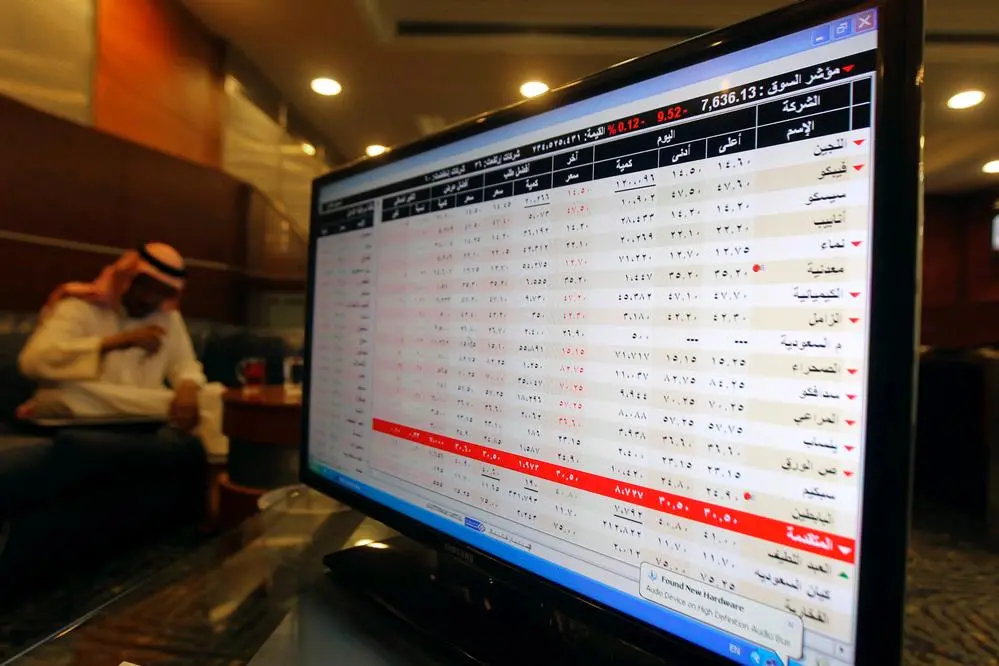PHOTO
The GCC debt issuance was relatively calm in the three-month period ended March 2018, registering $12 billion, according to National Bank of Kuwait’s (NBK) recent report.
However, still-favourable borrowing costs, high oil prices, and continued foreign investor interest are expected to keep market access relatively easy this year, the report found.
Global and GCC monetary policy has been toughened, while international and regional bond yields saw a high trajectory due to reflationary concerns, it added.
“Fears that strong global growth is pushing up inflation caused global benchmark yields to finish 1Q18 higher, offsetting concerns over global geopolitics and trade wars,” NBK said.
US 10-year Treasury yields jumped 33 basis points (bps) quarter-on-quarter to 2.74%, while 10-year bonds levelled up 7 bps to 0.5%, the report showed. The bank attributed the increase in yields to the gradual rising inflation and wage pressures together with strong economic activity data.
“A combination of dollar-linked currency pegs and tightening interbank spreads saw GCC central banks follow the Fed’s 25 bps March hike,” according to NBK’s report.
Similarly, GCC yields moved higher along with US Treasuries and escalating geopolitical tensions in the Arab region, in spite of firmer oil prices.
Yields on 8-9 year sovereign debt for GCC sovereigns hiked 40-64 bps during the first three months of 2018, with Saudi and Bahrain up the most.
Bahrain’s debt rose 7% for the first time, while Kuwait’s debt hit the lowest level of 3.8%, according to the report
In the same vein, Saudi Arabia and Qatar issued this year sizeable bonds worth $11 billion and $12 billion, respectively.
All Rights Reserved - Mubasher Info © 2005 - 2018 Provided by SyndiGate Media Inc. (Syndigate.info).





















